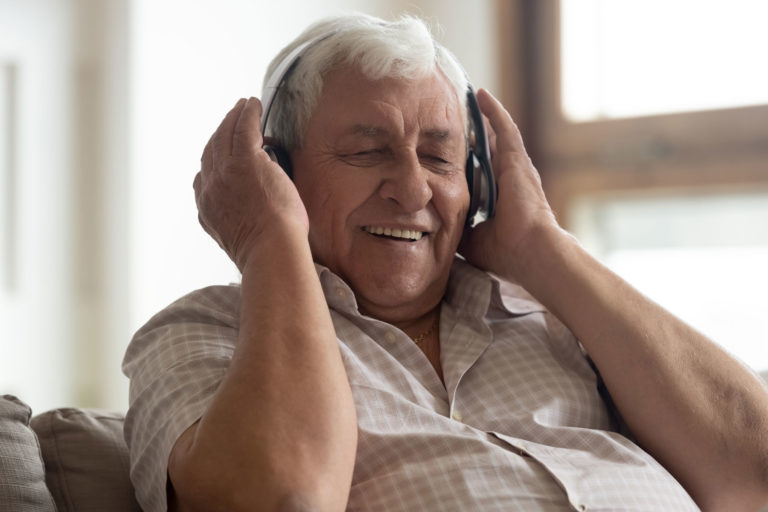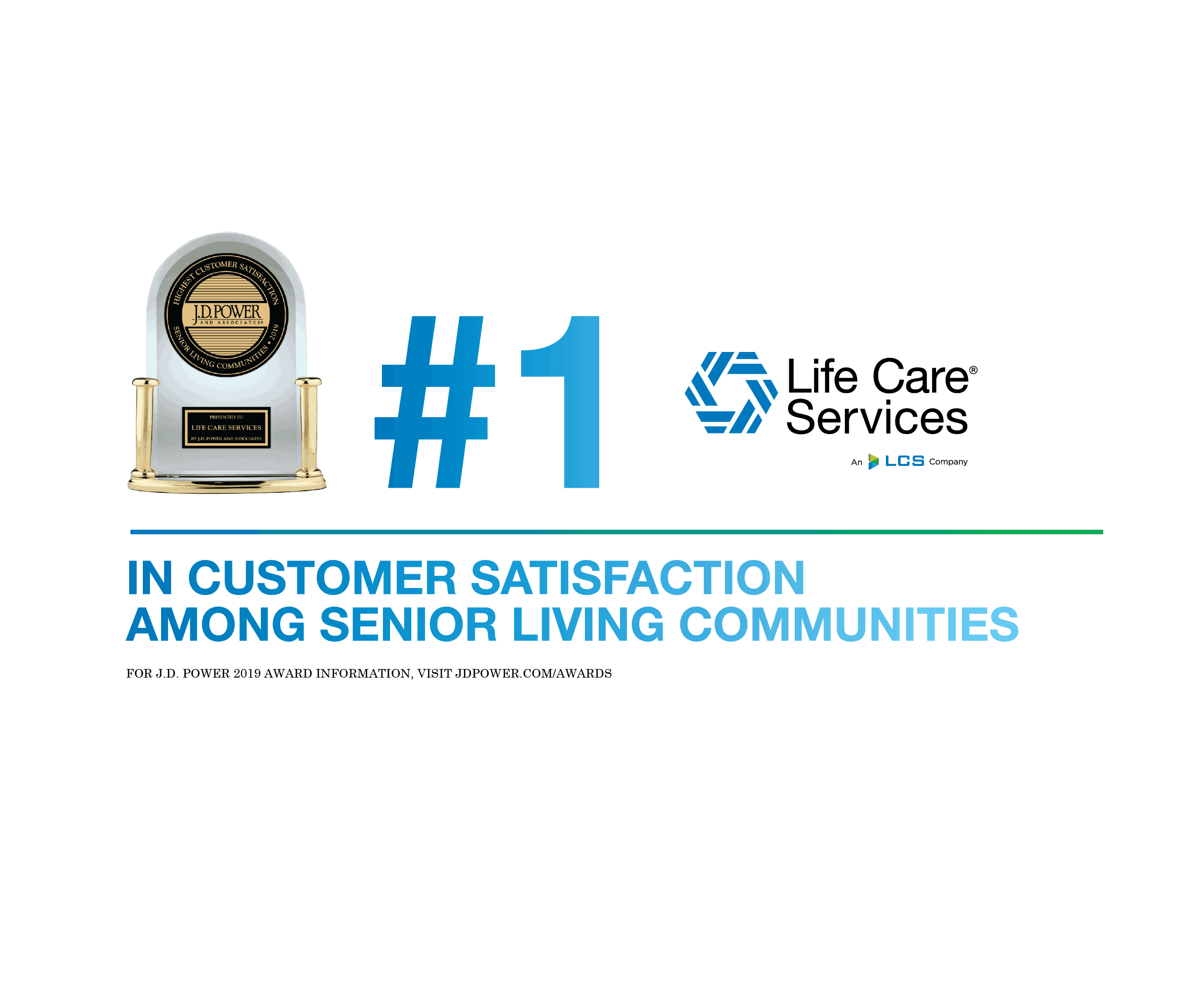Why a Focus on Music and Memory Matters in Memory Care

For many seniors, music connects on a physical, mental, emotional, and spiritual level. It re-engages and reawakens past feelings. As a result, a focus on music and memory is helpful for seniors with memory disorders.
Because of its strong effects, Signature Pointe uses music daily. We play specific songs and give residents access to music programs. And this can have big benefits on overall well-being.
Types of music for memory disorders
Various types of music affect people in different ways. With this in mind, the choice of music matters. Calmer music may help with anxiety. Or more upbeat music gets seniors moving. In general, songs from decades past may be best to connect with seniors.
“We listen to a lot of 60s and 70s music. And there are a few artists and songs that always get reactions,” says Mikayla Copeland, Memory Care Therapeutic Activity Director. “Michael Jackson, Prince, Ella Fitzgerald, and songs from popular movies always get people in a better mood.”
4 benefits of music on memory for seniors
Many studies have shown a link between music and memory. For example, one study showed music programs caused positive changes in the brain in those with Alzheimer’s disease. Here are a few of the ways we use music to help your loved one.
- Help seniors stay engaged
Music encourages seniors to stay more alert and engaged. Even more, music can provide cues to guide seniors through their day. We use certain sounds or music to make our daily routine easier. For example, Signature Pointe uses bird sounds and sunrise videos to start the day.
The use of music can also get residents up and moving. By using specific songs, it can support physical health. When music and dancing are combined, it often allows for residents to engage with each other too.
- Improve mood
Music goes hand in hand with mood. It may help reduce anxiety or promote positive feelings. For those with memory disorders, this emotional support is essential. To this end, part of our music program includes guests who play and sing a few times a month.
- Provide an outlet for expression
Another benefit of music is helping residents express themselves. Even when talking is hard, music offers an outlet. In fact, a study in Gerontologist showed music gives those with late-stage dementia a non-verbal way to interact. For this reason, we have a piano that residents can use.
“We have a resident who is very verbal, but her communication is often a challenge,” Copeland says. “She opened the piano and started playing a beautiful song. She was so at peace and happy. When I spoke to her son that day, he was shocked. The family did not know that she played piano!”
- Reconnect with memories
A familiar song may bring up a memory or feeling. This helps seniors reconnect with their past. One recent example is a resident who grew up speaking Spanish. “She had been a little down lately,” Copeland says. “But hearing songs in her language brought her to tears of joy.”
Music and memory at Signature Pointe
In the end, our approach to music and memory provides residents with ways to stay engaged every day. We’ve seen the power of music directly in our residents.
“Music therapy has helped our residents in many ways,” says Quinton Burleson, Assisted Living Administrator. “It offers better overall health and improves memory. It allows for an increase in coordination and mobility and reduces stress and anxiety.”
Music therapy is just one of our many special services. We create a place where your senior loved one can thrive. Contact us today to find out how we can support your loved one with our memory care services in Dallas, TX.




